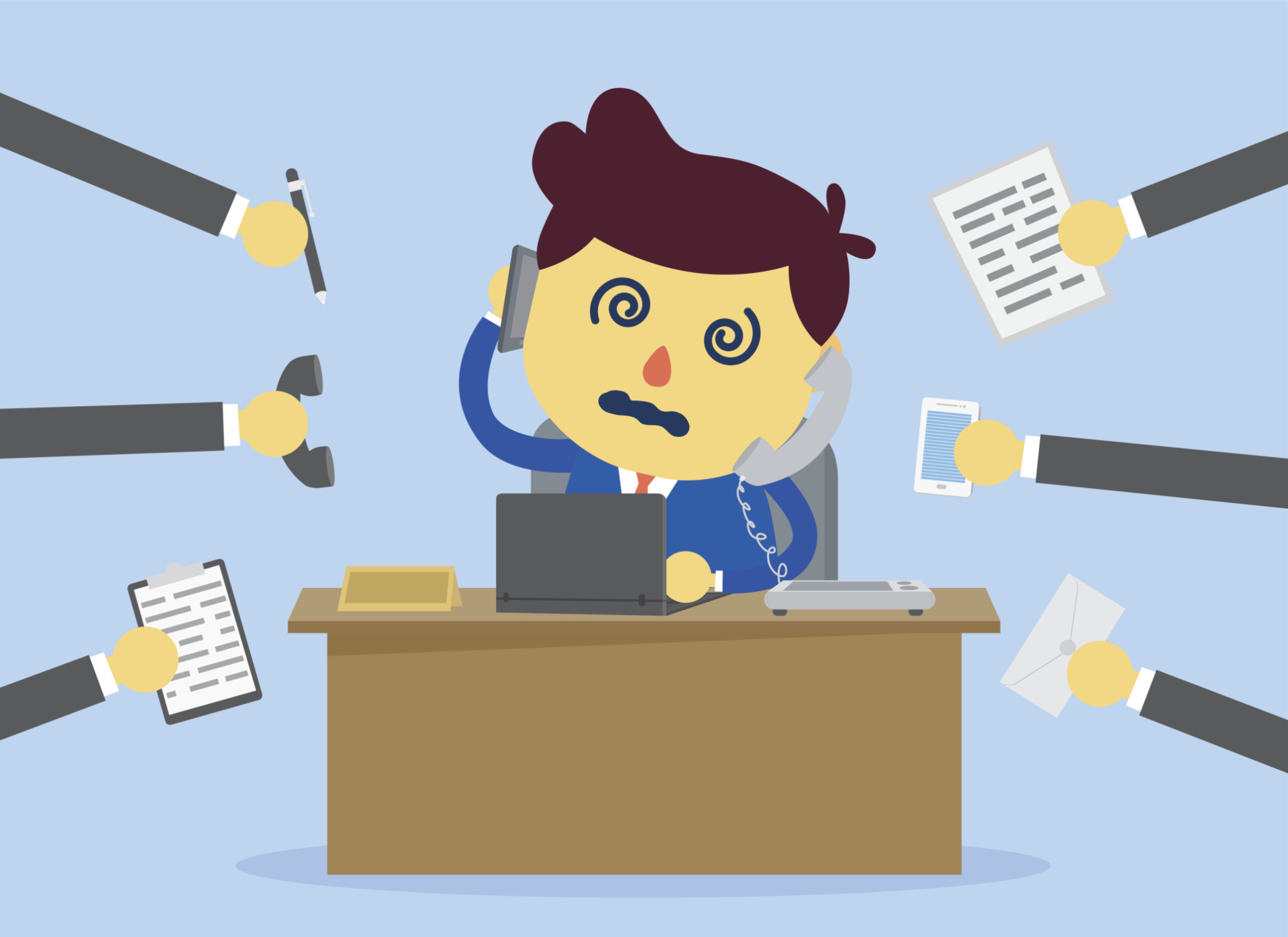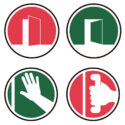
You have the power to decide when and how you’ll respond to each interruption, explains Marsha Egan
Recently, an inmate was released after serving a 20-year prison sentence. Re-entering the world after two decades would probably reveal many surprises to anyone, but upon release, this former prisoner’s only comment to the press was about his astonishment at all the people texting – and not talking – in a restaurant during his first lunch as a free man.
We live in an electronic ADD world. I don’t have to tell you that – you live it every day. Minutes can’t go by without cell phones ringing, text messages beeping, new emails dinging or instant messages popping.
To someone like our inmate, locked away from the advances of electronics for a score of years, the changes were overwhelming. To the rest of us, changes have been more gradual so we might not have even noticed how much more broken up our days are now than they were before. In the olden days, telephones were the primary source of business interruptions, followed by the occasional office “drop by.” Then came faxes, then emails, then texting and instant messaging. Now, our 24/7 connectivity could distract us forever – if we let it.
Like it or not, the days of the occasional interruption are gone. Before, even mediocre time managers could get away with allowing unplanned interruptions to divert their attention for a few minutes here and there. Not anymore. We’ve been forced to become proactive about managing our daily disruptions just to focus on the work at hand.
Studies show that the time it takes to recover from an interruption is, on average, about four minutes. This is known as “interruption recovery time.” It deals with only the time to recover, not the time to handle the actual interruption.
The math is convincing. Consider this: if you look up at the dinging and flashing incoming emails or down at the text messages on your iPhone 15 times in a day, you’ll waste roughly an hour recovering from the interruptions, not to mention the time used handling the emails or texts themselves. More importantly, you’ve ceded control of your day to your gadgets.
It is important to realize that we cannot avoid these changes in the way information is delivered to us, so we have no choice but to adapt to them. By minimizing interruptions, you’ll get more done and adapt easily to the new office culture.
Being proactive about handling distractions means deciding to take back control. You have the power to decide when and how you’ll respond to each interruption.
Here are a few tips to get you started:
- Eliminate the source of distractions. Silence new message reminders, minimize your inbox, turn off the cell phone and shut your door.
- Group like tasks. When you work on similar tasks in focused batches, you’ll develop a flow, get more done and discourage distractions.
- Set a time limit for a task and challenge yourself to complete the task by a certain time.
- Make appointments. Instead of allowing co-workers to stop by with their questions and ideas, encourage them to make appointments with you and each other. This makes managing your day much more effective, allowing you to know when you can dedicate time to what’s important.
- Make appointments with yourself (and keep them). Setting specific times to deal with email and voicemails will streamline your day.
- Cut distractions short. The moment you find yourself getting distracted, pull yourself back and refocus. Don’t allow it to continue.
- Get back to the task. Many times, we use the interruption to give us a break and do something else. Use your discipline to get back to the actual task that was your priority.
- Set boundaries about when you’ll dedicate time to work outside of your normal office schedule. Value your personal time – turn your phone off when get home, leave it in the locker at the health club, and set a cut-off time for it each night.
It’s so easy to get buried in the information that’s thrown at us each day and lose sight of what’s really important. Remember to keep control or else distracters will control you. As all sorts of information compete for your attention, keep your priorities in check.














It is very interesting and indeed very useful. Please advise if I can share this with my colleagues and forward it to them on our portal. Of course Author’s name will appear there.